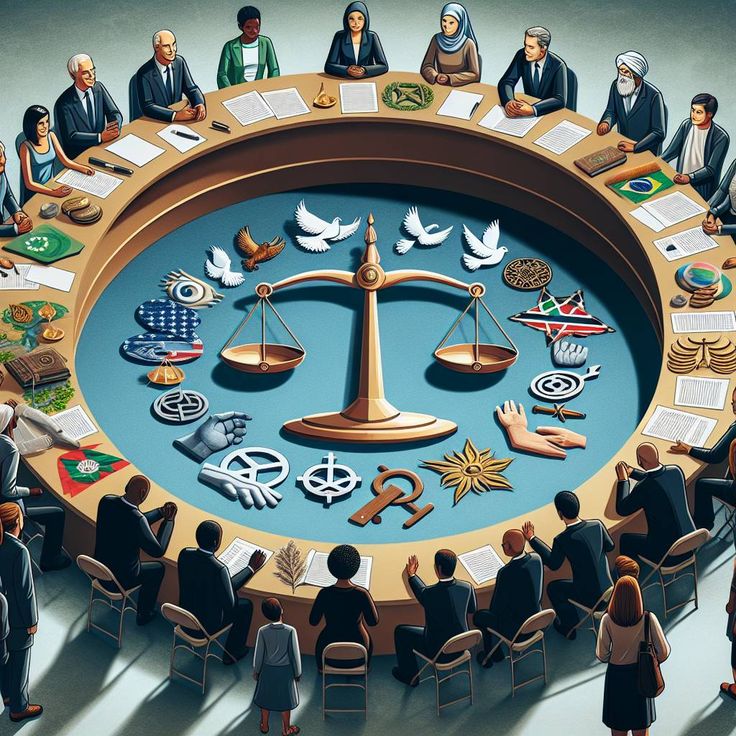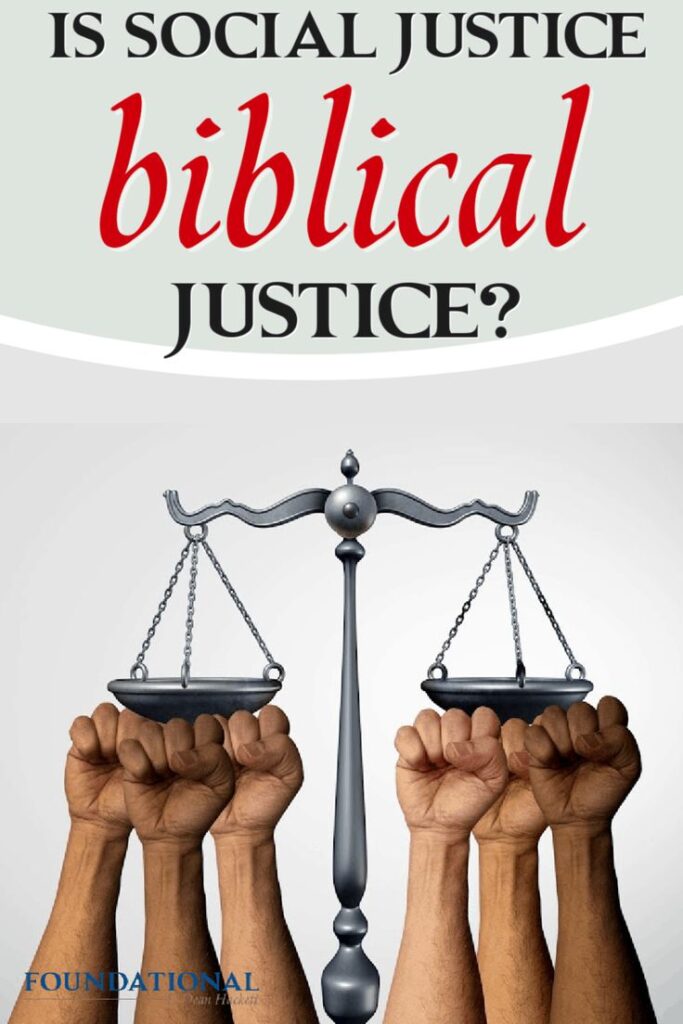
Social Justice
Social justice is an overarching principle that aims to establish a society in which everyone, regardless of their background, has equal rights, opportunities, and privileges. Social justice principles tackle structural inequalities, seeking to break down obstacles that prevent people or groups from accessing resources and opportunities. The concept of social justice has its roots in ideals of fairness and equity and includes an extensive list of issues, ranging from education and healthcare to employment and civil rights.
The Essence of Social Justice
Social justice at its most fundamental level is the equitable distribution of opportunities and resources. It recognizes that social, economic, and historical disadvantages frequently hinder marginalized groups from flourishing. The aim isn’t equality—preaching equal treatment of everyone—but equity, where people have access to the particular tools and aid necessary for them to succeed.
Social justice hinges on the premise that everyone is deserving of fundamental human rights, including freedom, dignity, and a discrimination-free life. These rights are universal and cut across race, gender, religion, and socio-economic status.
Historical Context
The theory of social justice has developed over centuries. Its origins can be traced to philosophical and religious doctrines calling for fairness and compassion. During the 19th century, it came into prominence as a reaction to the injustices caused by industrialization. Philosophers such as John Stuart Mill and Karl Marx emphasized the importance of ending economic inequalities and exploitation of workers.
The 20th century witnessed social justice as a pillar of civil rights movements across the globe. From the anti-apartheid movement in South Africa to the Civil Rights Movement in the United States, activists have used social justice as a tool to fight against systemic oppression and establish equality.
Pillars of Social Justice
Social justice is founded upon four pillars:
- Equity
Equity is about acknowledging and remediating past inequalities and giving based on the needs of every person. Affirmative action, for example, is designed to equalize the field for disadvantaged groups. - Access
Ensuring equal access to basic services like education, health, and shelter is an important part of social justice. This pillar seeks to eradicate systemic hurdles that have severe consequences on disadvantaged communities. - Participation
Social justice calls for inclusive decision-making in which everyone, especially those who have been marginalized, has a say regarding policies impacting their lives. - Rights
Promoting and protecting human rights is at the heart of social justice. This involves fighting against discrimination, ensuring equitable treatment, and creating an environment in which everyone can prosper.
Social Justice in Action
Education
Education is a force that can help promote social justice. Fair access to quality education can lead to a break in the cycle of poverty and enable people to construct improved futures. Initiatives that aim to reduce the disparities in school financing, expand access to post-secondary education, and aid underrepresented students are crucial elements of this endeavor.
Healthcare
Healthcare is another area of social justice. Disparities in medical care are often an expression of wider social inequalities. Efforts to make healthcare affordable and accessible to everyone—e.g., universal healthcare systems—reverse these disparities and increase the good of the public.
Economic Justice
Economic justice emphasizes the diminution of income inequality as well as equitable wages and employment. Economic policies like minimum wage legislation, progressive taxation, and social safety nets are important in promoting a just economic environment.
Criminal Justice Reform
The criminal justice system tends to mirror and perpetuate social injustices. Social justice movements in this sector strive to correct issues like racial profiling, mass incarceration, and disproportionate sentencing. Advocates seek reforms for the sake of equitable treatment of all citizens, regardless of socio-economic standing or race.
Challenges to Social Justice
Though there has been progress, social justice continues to be a challenge to achieve. Systemic discrimination, economic inequality, and political division present major challenges. Moreover, growing misinformation and social media echo chambers can block constructive discourse and reinforce prejudices.
Climate change also presents a special challenge to social justice. Poor communities suffer most from environmental degradation, even though they contribute the least to greenhouse gas emissions. Fighting climate justice—making sure that there are fair solutions to ecological problems—is part of the larger social justice agenda.
The Role of Individuals and Organizations
Social justice is not only the role of governments or large institutions. It is each individual’s role to support equity and fairness. Simple actions like learning about social issues, standing up for marginalized populations, and pushing for policy shifts can create substantial changes.
Organizations also have a responsibility to infuse social justice values into their actions. This entails creating diverse and inclusive environments, paying equal wages, and conducting community outreach initiatives.

The Future of Social Justice
The pursuit of social justice is a dynamic process that demands ongoing vigilance and adaptation. With the changing nature of society, new opportunities and challenges are presented. The incorporation of technology, for example, presents mechanisms for empowering marginalized voices and ensuring transparency. Yet it also opens up questions regarding digital equity and privacy.
International movements like Black Lives Matter and Fridays for Future reflect increasing global interconnectivity in social justice issues. These movements show how the collective energy of human activity can be quite powerful in addressing systemic issues globally.
Conclusion
Social justice is a core value that guides an equitable and just society. It requires concerted effort and unrelenting commitment to overcoming structural disparities and advancing human rights. Through the adoption of the principles of equity, access, participation, and rights, we can strive for a world where all people have the chance to flourish. Whether through education, healthcare, or economic change, the quest for social justice is proof of the potential for compassion and advancement in humanity.





